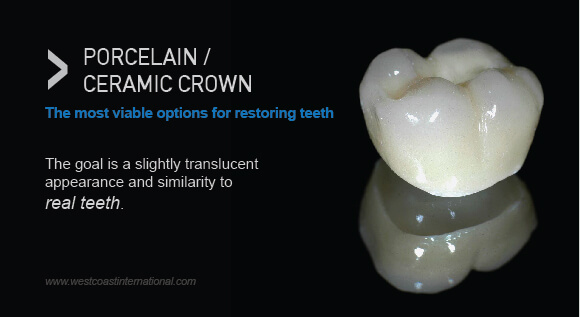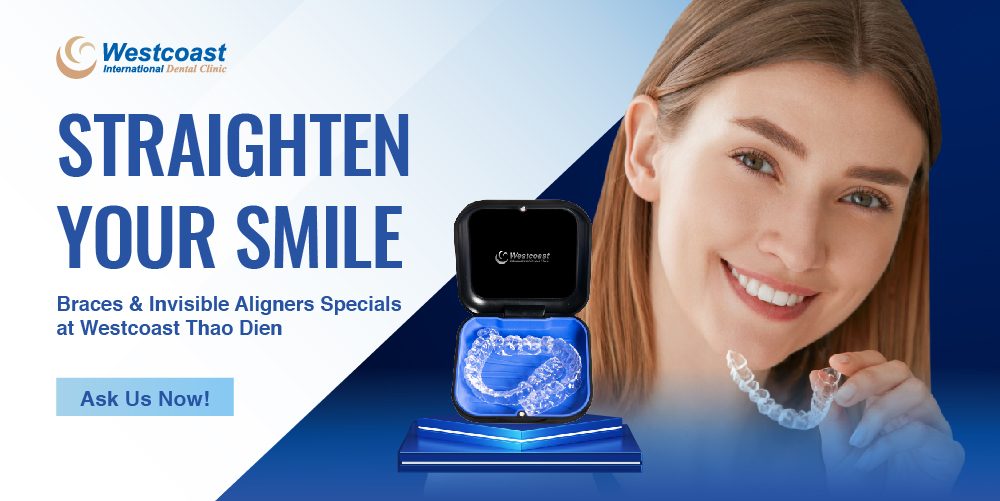Crowns For Teeth or Teeth Caps
Common Materials Used for Making Crowns for Teeth (Dental Crowns)
Crowns for teeth restore damaged or diseased teeth. They protect and improve the functionality of weakened teeth or cap implants. Dentists recommend dental crowns, which typically last between 5 and 15 years. Many crowns, however, remain functional for much longer. These restorative solutions play a vital role in preserving oral health, especially in terms of both appearance and functionality.
A study involving 2,300 porcelain-fused-to-metal crowns (PFM) found that 85% lasted more than 25 years. Additionally, 95% remained stable after 10 years. Insurance companies often allow crown replacements every 8 years, which highlights their expected durability. This durability ensures patients can rely on crowns as a long-term solution, reducing the frequency of replacements and associated costs.
Crowns for Teeth Material Options
Gold crowns for teeth are not pure gold. Common materials include gold, silver, metal alloys, PFM, and ceramic compounds such as zirconia and porcelain. Resin-based materials are also used for some crowns. Each material offers unique benefits, allowing dentists to tailor the choice to a patient’s specific needs.
Crowns crafted from gold or metal alloys work well with natural teeth. These materials reduce damage and wear on opposing teeth. Metal alloys last longer than other materials, and a metal crown can withstand significant force without breaking. In contrast, ceramic crowns may shatter under pressure. Despite their durability, metal crowns are less appealing for visible teeth due to their color. Patients often prioritize aesthetics, especially for front teeth, leading them to choose materials that blend seamlessly with their natural smile.

Crowns for Teeth: Porcelain-Fused-to-Metal (PFM) Crowns
PFM crowns combine porcelain and metal. The porcelain fuses to a metal base, creating a restoration that looks natural. However, the metal base may create a dark line at the gum. Dentists use an opaque white layer to hide the metal, but this reduces the crown’s natural appearance. Patients seeking highly natural-looking results may find this limitation significant.
PFM crowns offer both strength and aesthetic value. They can chip or crack, and the porcelain may separate entirely from the metal. When this happens, the metal base remains intact, but replacement may still be necessary. Dentists increasingly choose modern materials over PFM crowns because of these limitations. For individuals who prioritize longevity and aesthetics equally, alternatives such as zirconia or all-ceramic crowns often provide better outcomes.
Porcelain and Ceramic Crowns
Porcelain and ceramic crowns use a layered construction process. This technique creates a translucent appearance that closely resembles natural teeth. Dentists customize these crowns to match surrounding teeth, making them ideal for visible areas such as front teeth. The ability to match shades and translucency ensures a seamless integration into a patient’s smile.
Westcoast International Dental Clinic (WIC) prefers EMAX ceramic crowns for their excellent strength and aesthetics. Patients with metal allergies or those avoiding metal materials find ceramic or porcelain crowns effective solutions for restoring teeth. These crowns are not only visually appealing but also provide the structural integrity needed for daily use. Advances in ceramic technology have further enhanced the durability of these crowns. They are suitable for a wide range of dental restorations.
How Long Do Crowns Last?
Crowns are a preferred option for restoring damaged teeth. However, they do not last indefinitely. Ceramic materials may not last as long, especially for back teeth that experience more force. Dentists have started to phase out PFM crowns due to their tendency to chip and crack. Modern materials offer better resistance to these problems. Zirconia, for example, provides exceptional strength while maintaining a natural appearance, making it a top choice for demanding restorations.
The longevity of a crown depends on its fit and maintenance. A dentist’s skill in preparing the tooth ensures a proper fit. Poorly fitted crowns allow bacteria to enter, causing decay, gum disease, or other complications. This highlights the importance of selecting an experienced dental professional who prioritizes precision and detail in crown placement.
Dentists use an explorer tool to detect gaps larger than 25 microns between the crown and tooth. These gaps require filling with cement to prevent bacterial growth. Dentists and X-rays confirm whether the crown margin fits properly. Maintaining good oral hygiene protects crowns as effectively as natural teeth. Regular dental visits and proper cleaning techniques help ensure crowns remain in optimal condition for years.
Digital Scan or Dental Impression
The quality of a digital scan or dental impression significantly affects the crown’s fit. When margins are unclear, lab technicians may need to guess their locations. Digital scanners sometimes fail to capture precise details compared to traditional impressions, leading to errors during crown design. Such errors occur in about 25% of cases. This margin of error underscores the need for meticulous planning and execution during the crown design process.
To ensure a durable crown, dentists must prepare teeth precisely. They must create accurate impressions and work with skilled laboratories capable of achieving a maximum 25-micron margin. Advances in digital dentistry have introduced more reliable scanning technology, reducing errors and improving overall outcomes for patients. These innovations allow dentists to deliver crowns that fit perfectly, minimizing the risk of complications.
Crowns for Teeth Conclusion
Innovative dental materials and techniques make crowns essential for restoring teeth. Crowns cap tooth stubs or complete implants, offering a reliable restoration method. Westcoast International Dental Clinic provides international-level care using advanced technology and safety standards. Their expertise spans traditional crown procedures and modern smile design imaging. Crowns remain a vital component of modern dentistry, providing patients with durable, functional, and aesthetically pleasing solutions. As new materials and techniques emerge, crowns will continue to improve in reliability and effectiveness. They answer the diverse needs of dental patients worldwide.








